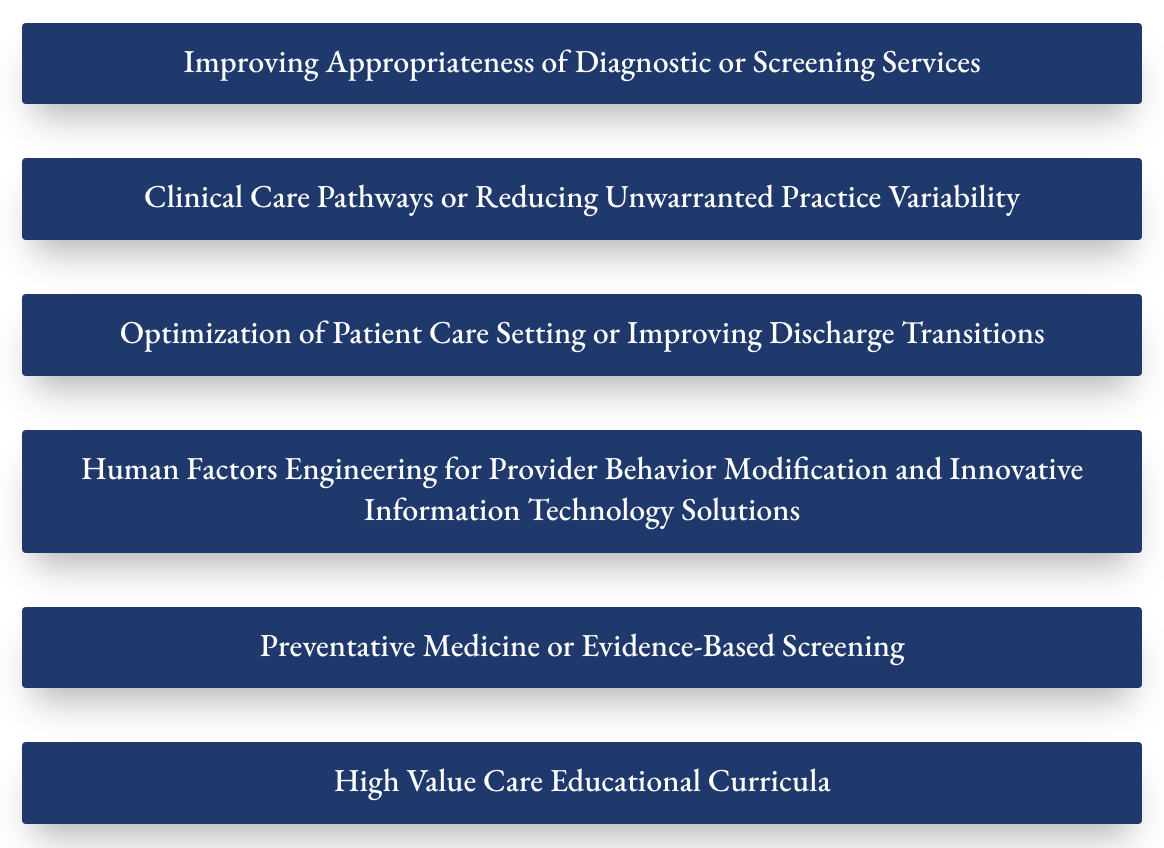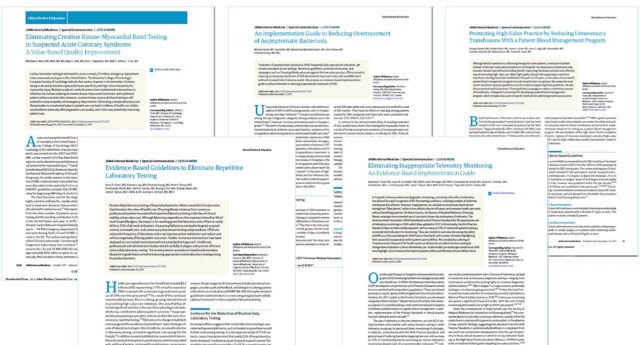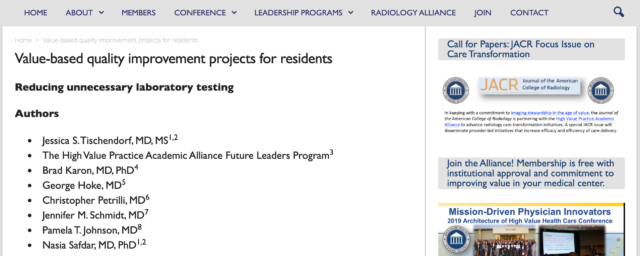From the 2018 HVPAA National Conference
Charles Okamura (NYU Langone Hospital – Brooklyn), Erwin Wang (NYU Langone Hospital – Brooklyn), Sonia Arnold (NYU Langone Health), Frank Volpicelli (NYU Langone Health), Bret Rudy (NYU Langone Hospital – Brooklyn)
Background
The benefits of hospitalist co-management of surgical and other non-medicine patients are well studied and validated. Studies fairly consistently demonstrate an improvement in quality metrics, particularly mortality and length of stay. NYU Langone Hospital – Brooklyn introduced hospitalist co-management as a mechanism to improve patient safety for targeted surgical services.
Objectives
Hospitalist co-management of surgical patients at NYULHB was implemented to reduce medical complications of surgery. The effects of this initiative on length of stay and costs were also investigated.
Methods
Surgical services with a higher than anticipated observed: expected mortality (O:E mortality) and patients with medical comorbidities on services including general surgery, vascular surgery, and thoracic surgery were targeted for hospitalist co-management. Screening criteria for patients to be co-managed were agreed upon by the respective medical and surgical services. Workflows for communication and documentation were implemented.
Results
There were significant improvements in mortality and length of stay for all surgical services for which hospitalist co-management was implemented. There was a 29% reduction in observed: expected length of stay (O:E LOS) and a 73% reduction in O:E mortality for the general surgery service in the 296 co-managed patients. There was also a 14% reduction in case-mix index (CMI)-adjusted cost per case. There was a 28% reduction in O:E LOS and a 100% reduction in O:E mortality for the vascular surgery service in the 64 co-managed patients. There was also a 27% reduction in CMI-adjusted cost per case. There was a 25% reduction in O:E LOS and a 100% reduction in O:E mortality for the thoracic surgery service in the 37 co-managed patients. There was a slight 4% increase in CMI-adjusted cost per case.
Conclusion
Hospitalist co-management of surgical patients resulted in an improvement of mortality and length of stay metrics. In two of the three surgical services for which there was hospitalist co-management, there was a clear reduction in costs.
Implications for the Patient
Hospitalist co-management can improve the quality of care surgical patients by reducing mortality and length of stay.





